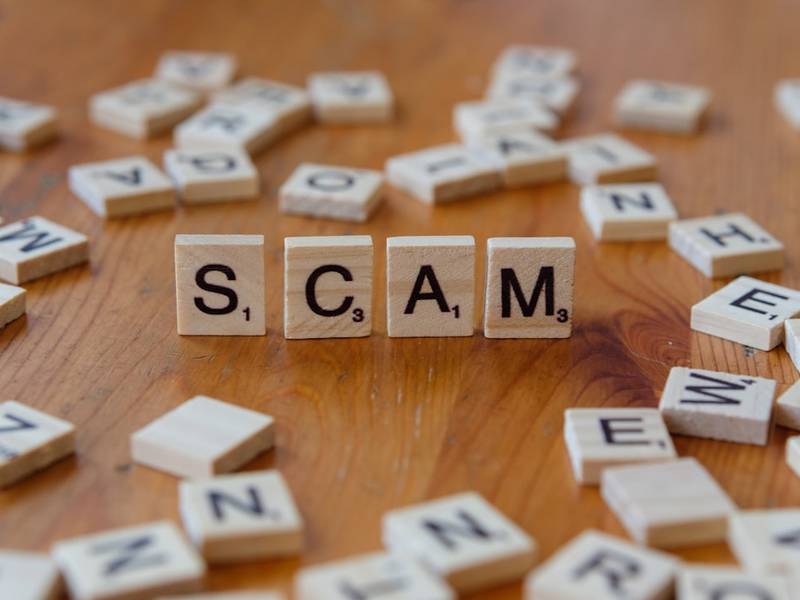Watch Out: PG&E Scammers Are Targeting Bay Area Residents and Businesses

Photo by Markus Winkler on Unsplash
Bay Area residents, beware of a rising tide of utility scams targeting PG&E customers. The utility giant has reported over $190,000 in losses this year, with more than 2,500 scam reports across the region.
The East Bay is leading the scam reports with 971 incidents, followed by the North Bay with 662 and the South Bay with 413. San Francisco has seen 260 reports, while cities like San Jose and Oakland are also experiencing a surge in fraudulent attempts.
Scammers are using increasingly sophisticated tactics to prey on unsuspecting customers. Their primary strategy involves creating panic by threatening immediate utility service disconnection. They often impersonate utility workers and pressure victims into making payments through prepaid debit cards or mobile payment apps - methods PG&E never uses for billing.
The financial impact is significant, with the average victim losing over $900. More than 200 customers have already fallen victim to these schemes, and PG&E suspects the actual number could be much higher due to underreporting.
Business owners aren’t safe either, with 250 reports targeting small and medium-sized businesses. Scammers strategically time their attempts during peak customer service hours, hoping to catch people off guard.
To protect yourself, PG&E recommends several key strategies: never make payments via prepaid debit cards, always verify suspicious communications through official online accounts, and report any potential scams immediately. The utility emphasizes that they will never request financial information over phone or email, nor will they ask for payment through mobile applications.
If you feel threatened, PG&E advises contacting local law enforcement or dialing 911. For additional support, customers can call the scam tip line at 1-833-500-SCAM or visit PG&E’s official website for more information.
Stay vigilant, Bay Area - these scammers are counting on your momentary confusion to steal your hard-earned money.
AUTHOR: mb
SOURCE: Local News Matters
























































